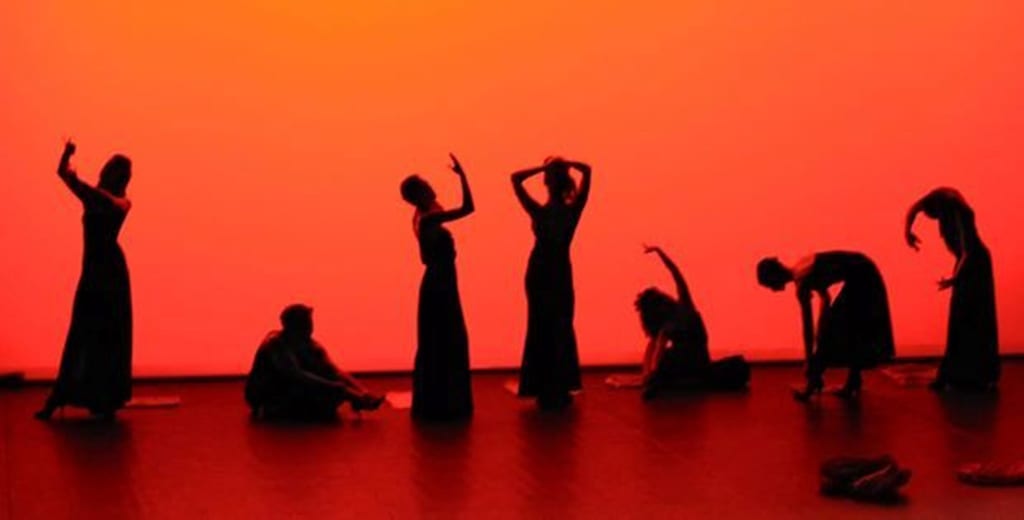This opera is a strange but delightful little gem. Tchouhadjian, apparently known as the ‘Oriental Offenbach’, composed this work in 1875. It was originally called “Master Hor Hor, the Chickpea Vendor” so renaming it as “Gariné”, as Gerald Papasian has done, is a forgivable liberty. A champion of Armenian culture, Tchouhadjian did study in Milan early in his career so it is understandable that this lightweight piece shows influences from Italian opera buffa. But in this creative semi-staging, director Papasian makes the most of a surprisingly wide range of musical styles tried out by the composer. The result is a charming creation – certainly not a masterpiece, but containing some moments of real delight.
The story is of a theatre company deserted by its leading lady a few days before the first night of a new play. The director and star Armen hears the voice of Gariné and immediately invites her to join his company in the starring role. She fears that her father, Hor Hor, will not approve. She is right and the efforts of the company to gain her services and of her father to thwart them is the subject of the opera.
Papasian introduces the opera and, as narrator, leads us through the plot, filling in the gaps and introducing us to the characters. It is a device that works well, enhanced by his wit and charm, and it ensures that the action bowls along nicely.
Danae Eleni in the title role sings with a pure tone and with the vocal agility that the part demands – and she portrays the innocent drawn into the dubious world of ‘theatricals’ with real appeal. Edward Saklatvala is not ideally suited to the role of Armen but, with his light tenor voice, he delivers the demanding arias with panache. The two key duets between Armen and Gariné are for me the musical highpoints of the production. But this is an ensemble piece and the real joy of the evening is the way that with so few performers – though sometimes the Arcola stage seemed crowded to bursting – the production captures the fun and bustle of the theatre and of the streets of Constantinople. Some of the dance routines are really creative and one can only admire a company that has clearly put so much energy into a two night run. The piano accompaniment by Kelvin Thompson is sensitive and effective – as well as being a feat of sustained concentration.
All credit to Arcola for this production but I do hope that Papasian finds another venue willing to give him more time and resources to offer the show to a bigger audience. This opera was written in the same decade as Eugene Onegin and HMS Pinafore and it would be wonderful to have the chance to see it in a full production with the original orchestration.

